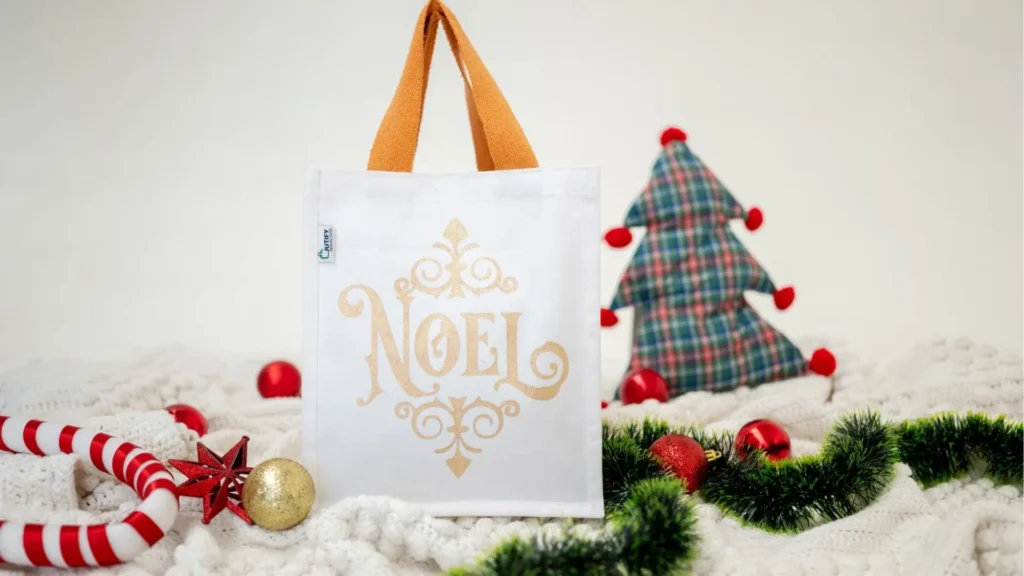
In recent years, Europe has taken strong action against plastic pollution. Strict bans and regulations on single-use plastics are changing the way businesses and consumers behave.
Among the biggest winners are jute bag manufacturers from countries like India and Bangladesh. These nations produce high-quality, sustainable jute bags that are now in high demand.
But how exactly has the European plastic ban increased jute bag exports? Let’s explore.
The European Plastic Ban: A Turning Point for Sustainability
Europe’s fight against plastic waste began with the EU Single-Use Plastics Directive, effective July 2021.
This directive bans common plastic items such as cutlery, plates, straws, and single-use carrier bags.
The main goals were to:
- Reduce plastic pollution in oceans and landfills.
- Encourage innovation in sustainable packaging.
- Promote a circular economy.
As a result, retailers and brands across Europe started seeking eco-friendly alternatives. This shift created a huge opportunity for jute bags — reusable, biodegradable, and stylish.
Why Jute Is the Perfect Alternative
Jute, known as the “Golden Fiber,” has natural advantages over plastic:
- 100% Biodegradable: Jute decomposes naturally within months.
- Durable and Reusable: Unlike plastic bags, jute bags can be used many times.
- Customizable: Ideal for retail, corporate gifting, and branding.
- Low Environmental Impact: Jute requires minimal water and pesticides.
- Affordable Production: Abundant in India and Bangladesh, keeping costs low.
For European businesses, jute is a practical, eco-friendly solution.
The Rising Export Demand
Trade data shows that India and Bangladesh have seen a rise in jute product exports to Europe:
- India’s exports to the EU increased by over 25% in the past two years.
- Top importers include Germany, France, the Netherlands, and Italy.
- Demand for custom printed jute tote bags and shopping bags is soaring.
The European plastic ban is not just about rules — it reflects changing consumer behavior. Shoppers now prefer sustainable options and are willing to pay for them.
European Retailers Leading the Change
Many European retailers have adopted jute bags:
- Supermarkets replaced single-use plastic bags with reusable jute alternatives.
- Fashion brands launched eco-friendly collections with jute totes.
- Corporate events use jute bags for gifting and merchandise.
This creates a steady demand for jute bag manufacturers, including custom designs and bulk orders.
How Manufacturers Are Meeting Global Demand
Jute bag producers have modernized operations to satisfy European markets.
1. Enhanced Quality
Focus on stitching strength, lamination, and stylish designs.
2. Eco-Certifications
Compliance with REACH and OEKO-TEX ensures chemical-free and safe products.
3. Customization Capabilities
Digital printing and embroidery allow logos, colors, and branding to meet client requirements.
4. Sustainable Practices
Many manufacturers use natural dyes, recycle jute waste, and follow eco-friendly production methods.
Economic Benefits of the Shift
The plastic ban impacts more than the environment. It also supports rural economies:
- Farmers benefit from increased jute cultivation.
- Small and medium enterprises grow through jute processing and bag-making.
- Women’s cooperatives and local artisans find sustainable employment.
This shows how global policies can create economic growth while protecting the environment.
Challenges in Meeting Demand
The jute industry faces a few challenges:
- Supply Chain Issues: Seasonal production limits raw material availability.
- Competition: Some bioplastics and paper bags compete on price.
- Consumer Awareness: Some people still view jute as old-fashioned.
Modern design and branding are helping jute overcome these obstacles.
The Future of Jute in a Plastic-Free World
Sustainability is becoming central to trade policies. Initiatives like the European Green Deal and UN SDGs promote natural fibers and circular economies — aligning perfectly with jute.
Future trends may include:
- More collaborations between European brands and jute suppliers.
- Advanced designs such as laminated or waterproof jute bags.
- Eco-certifications and traceability for responsible sourcing.
The European plastic ban is not a passing trend — it’s a long-term shift. Jute is at the forefront.
Why Choose Jutify?
Partnering with the right jute bag manufacturer makes all the difference. Jutify stands out as a trusted supplier of sustainable jute products.
- Ethical Sourcing: Supports eco-friendly farms and local communities.
- Premium Quality: Strict checks for durability and finish.
- Customization Expertise: Perfect for branding, retail, or promotional use.
- Global Export Experience: Reliable delivery to Europe and beyond.
- Eco Commitment: Zero-waste production helps brands meet sustainability goals.
Jutify is more than a manufacturer — it’s a sustainability partner.
Conclusion
The European plastic ban has changed how goods are packaged and carried. Jute bag manufacturers have turned this challenge into an opportunity for growth.
With consumers and brands embracing sustainability, the future of jute exports looks bright.
If you’re a business or brand ready to adopt eco-friendly packaging, partner with Jutify today. Together, we can make sustainability the new standard.
